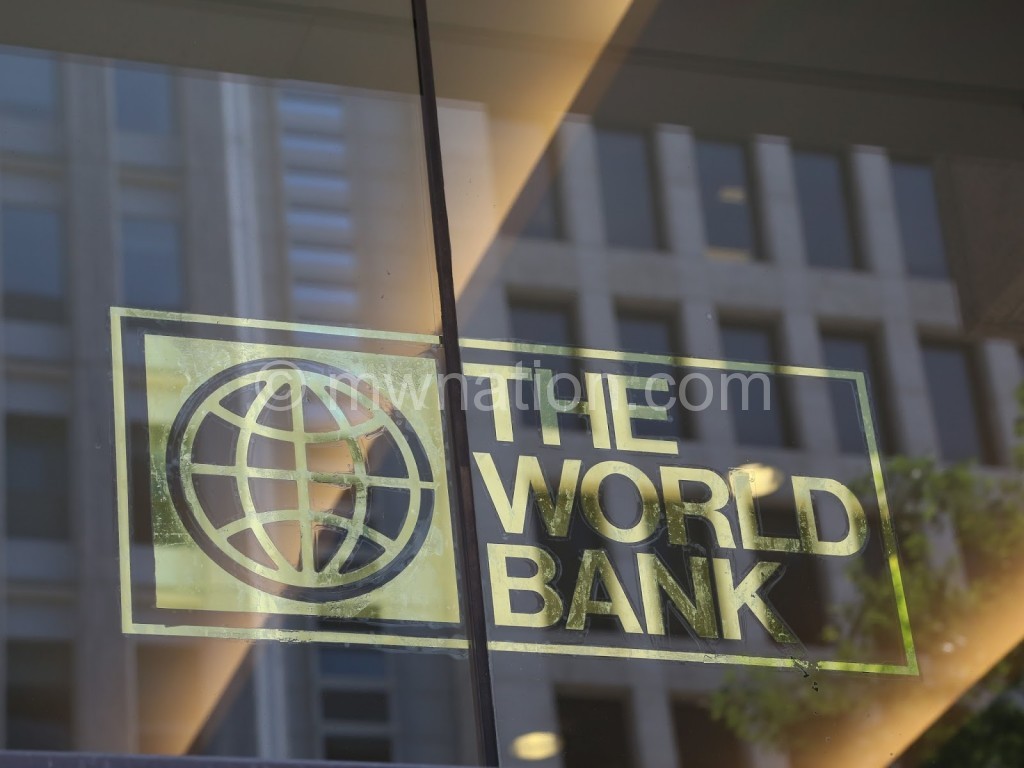World Bank raises alarm on rising debt
Malawi’s total value of domestic debt stock has now exceeded that of external debt, putting the country at risk of public debt distress, the World Bank has warned.
The World Bank analysis contained in the 10th edition of Malawi Economic Monitor (MEM) shows that five years ago, external debt was at 26.5 percent of gross domestic product (GDP) while domestic debt stock was only at 13.8 percent of the economy’s output.

Fast forward to 2019, the World Bank figures show that the reverse is now true as external debt stock has increased gradually since the 50 percent devaluation and the subsequent floatation of the kwacha in April 2012, increasing from 26.5 percent of GDP to 30.2 percent of GDP in 2019.
On one hand, domestic debt stock, according to the Bretton Woods institution, increased from 13.8 percent of GDP to 32.6 percent of GDP over the same period “due to repeatedly higher-than-expected fiscal deficits.”
Generally, domestic borrowing tends to be expensive in nature tends to expensive in nature as the interest burden is substantially greater than foreign financing.
Domestic borrowing is also loathed for its crowding-out effect whereby personal consumption of goods and services and investments by the private sector are reduced. This is because of increases in government spending and deficit financing which suck up available financial resources.
“The recent spike in domestic debt poses a significant risk to debt sustainability given the high debt servicing costs.
“In contrast, most of the external debt has been contracted on concessional terms and thus poses a more moderate risk,” reads the bank’s report.
As at June 2019, the total value of Malawi’s total public debt stood at 62.8 percent of GDP, which the World Bank described as the highest level of debt over the past decade.
Under the current International Monetary Fund (IMF) Extended Credit Facility (ECF) macroeconomic programme, government has capped borrowing from the Reserve Bank of Malawi (RBM) at zero.
This means that additional financing needs are being met through borrowing from commercial banks and the non-bank sectors.
World Bank country manager for Malawi Greg Toulmin said during the launch of the publication in Lilongwe last Thursday that in a generally stable macro-economic environment, government has an opportunity to rein in fiscal deficits and reduce high cost of domestic debt.
Economics Association of Malawi (Ecama) acting executive director Kettie Nyasulu, in an interview on Friday, said government’s perpetual fiscal deficits and not the absolute size of budget deficits is the main issue because it triggers huge borrowing by Treasury.
She said persistent budget deficits, among other consequences, tend to increase a country’s national debt relative to the size of the economy, which causes economic instability “if it reaches the levels that cannot be sustained.” Last week, RBM Governor Dalitso Kabambe said public debt, though slightly elevated from the Highly Indebted Poor Country (Hipc) era, is also much lower than peaks of the 1980s and 1990s.





